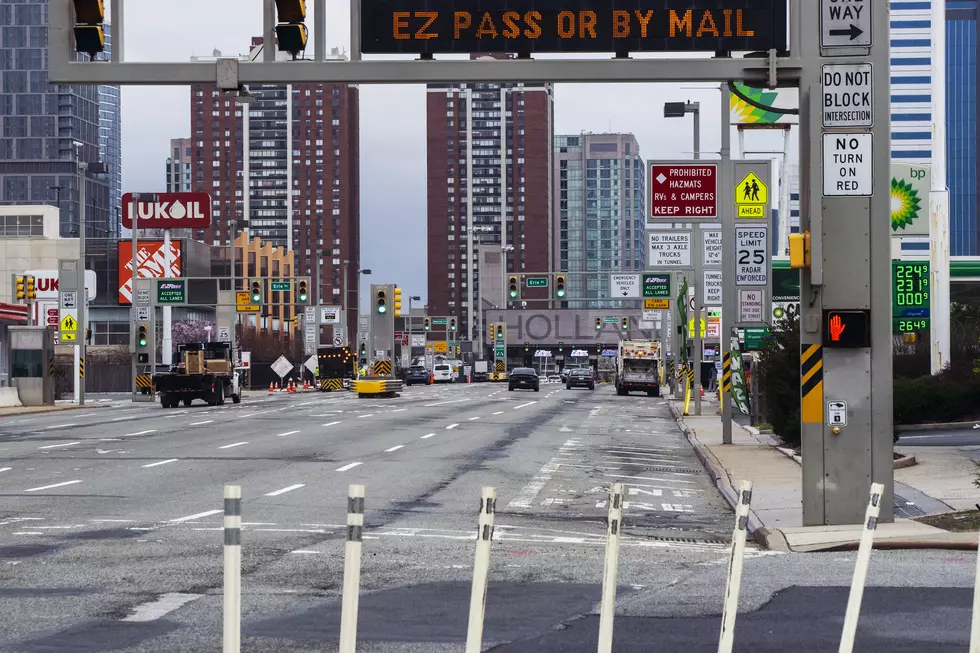
Local governments face financial crunch from coronavirus
The coronavirus pandemic has wrecked state finances – ballooning its spending, decimating its tax collections, requiring a federal rescue to keep it afloat. Similar stresses, though not as severe, are faced by local governments.
“What they have in common primarily is uncertainty,” said Marc Pfeiffer, assistant director of the Bloustein Local Government Research Center at Rutgers University. “There is an enormous amount of uncertainty on the revenue side that municipalities and state government are facing over the next year.”
Pfeiffer said expenses are not the biggest problem facing counties and municipalities because of the disaster declaration approved by the federal government.
“So, municipalities will have a short-term issue they’ll have to deal with where they have to put the money out, but they’ll get reimbursement from FEMA on that,” Pfeiffer said.
Revenues could be an issue. Laid-off homeowners and small businesses that are shuttered could have a hard time paying property taxes, and the next quarterly bill due is due in about three weeks.
“The most significant challenge that municipalities face right now is the May 1 property tax collection date,” said Pfeiffer, who noted that in addition to collecting revenues to fund their own operations, municipalities “are in the tax collection business” and have to transfer money to schools and counties.
“For some residents that have suffered a financial collapse, yes, paying property taxes is going to be a problem, and we need to figure out some solutions for that,” he said.
Direct payments of $1,200 per adult and $500 per child should start arriving in bank accounts this week from the federal government. Pfeiffer says “that’s not a whole lot of money” when compared with the average property tax bill in New Jersey, which tops $2,200 a quarter.
For people who pay their property taxes through their mortgage, the May 1 payment shouldn’t be an issue. Mortgage services are expected to be able to make those payments through the escrow accounts of their customers.
For those who pay their taxes directly, municipalities can reduce interest rates due for property taxes that aren’t paid by the end of the normal grace period. But they need that cash, or to borrow it, in order to pay staff – including police and other first responders. Pfeiffer says municipalities might turn to tax anticipation notes, which would incur interest costs but address short-term cash-flow needs.
“There’s going to be a time where we have to muddle through this, and hopefully it’s three to six months and then we’ll be back to some sense of normalcy,” he said. “So our solutions have to be ones that will just get us through this period.”
Pfeiffer said municipalities have a limited surplus to fall back on. And he said it’s not a simple thing to delay the May 1 property tax payments, as some have called for.
“The problem with deferring the tax payment date is that if you do it for two months, the homeowner is then going to be faced with two payments within a month of each other. And that puts extra stress on a family budget,” he said.
Small businesses that receive Paycheck Protection Program loans, which can be converted into grants, or other support from the U.S. Small Business Administration or state Economic Development Authority can use those funds to help cover property taxes, Pfeiffer said.
In some cases, local governments will lay off workers. But Pfeiffer said he expects that will be limited, given that some local workers are on the front lines of responding to the emergency. He also said many municipalities in New Jersey never reversed cutbacks made after the Great Recession and Superstorm Sandy, in part due to the 2% cap on annual growth in property tax levies.
Jersey City expects a $70 million budget impact, including $20 million in added costs and $50 million in lost revenues, and is offering buyouts to more than 400 nonessential employees with at least 15 years of service. They earn a combined salary of $22.7 million and will be eligible to receive $20,000 or 25% of their salary, whichever is greater.
“I wouldn’t look at Jersey City as a typical municipality,” Pfeiffer said. “I think Jersey City is an outlier in this case of the actions that they’re going to have to do.”
More from WOBM News:

How can I stay safe while grocery shopping? And answers to 24 other coronavirus questions
More From 92.7 WOBM










